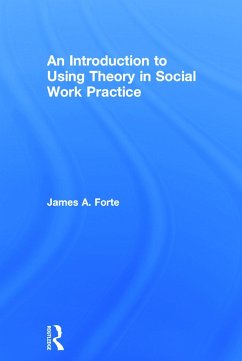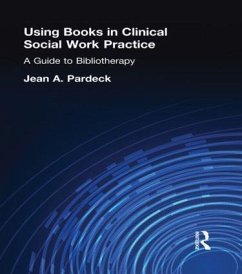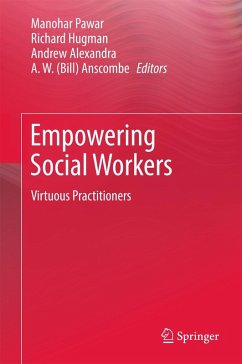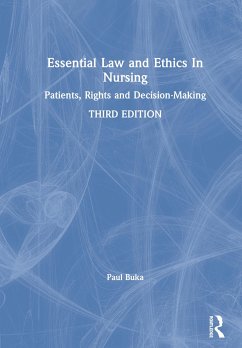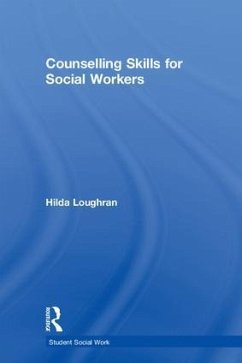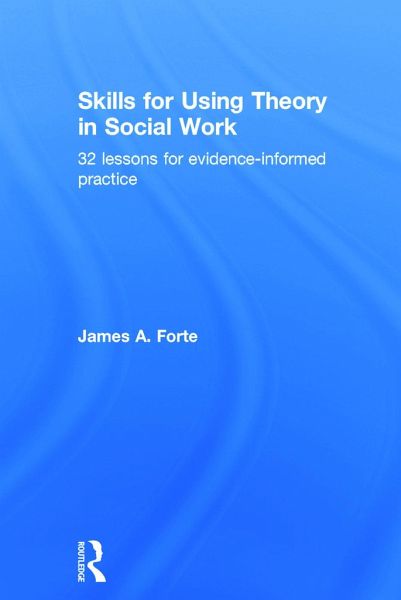
Skills for Using Theory in Social Work
32 Lessons for Evidence-Informed Practice
Versandkostenfrei!
Versandfertig in 1-2 Wochen
169,99 €
inkl. MwSt.
Weitere Ausgaben:

PAYBACK Punkte
85 °P sammeln!
Using theory, research and experiential knowledge is a critical component of good social work practice. This text presents 32 core skills for integrating theorizing into your social work practice, demonstrating how to search for, select and translate academic knowledge for practical use in helping people improve their lives and environments.





